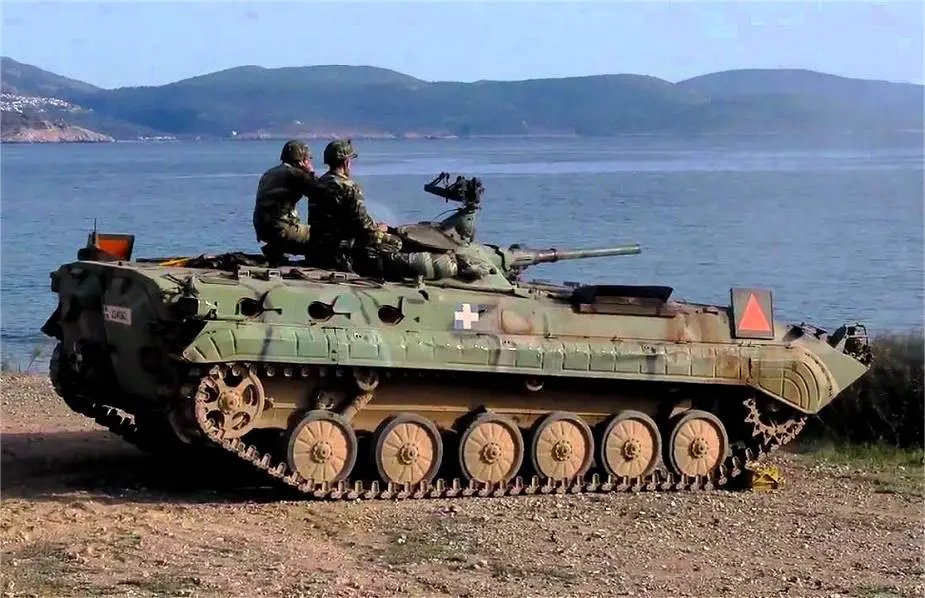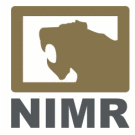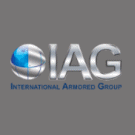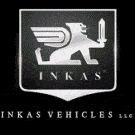According to information published by the International Press Agency Reuters on June 1, 2022, Germany has agreed on a similar tank swap deal with Greece to send BMP-1 IFVs to Ukraine as the one Germany reached with the Czech Republic to send Soviet-era T-72 tanks to Ukraine: Greece will receive modern German tanks and/or infantry fighting vehicles as a replacement for its BMP-1s given to Ukraine, German chancellor Olaf Scholz announced on May 31.
Follow Army Recognition on Google News at this link

Hellenic army BMP-1 tracked armored IFV Infantry Fighting Vehicle. (Picture source: screenshot from Youtube )
German chancellor Olaf Scholz told reporters that he had spoken to Greek Prime Minister Kyriakos Mitsotakis to enable such a swap, also known as a Ringtausch in German, Hans von der Burchard reports in Politico: “This will now be discussed in very concrete terms between the defense ministries (of both countries) and can then also be implemented quickly,” the chancellor said.
To understand the situation, it is worth going back to August 2021, Army Recognition published on April 11, 2022: as DefenseReview.gr reported on August 19, 2021, the German proposal for the supply of Lynx KF41 and used Marder 1A3 IFVs as a replacement for the old BMP-1 IFVs raised high interest in Greece. Rheinmetall’s proposal for the Greek Amy includes a procurement program of a total of 170 KF41 Lynx IFVs and 200 Marder 1A3s. The German company already has about 200 Marder 1A3s ready for delivery. Simultaneously with the acquisition of used Marders at a cost of around 500,000 euros per modernized vehicle, the Greek army would get a very durable and modern vehicle with a number of proposed improvements (new turret, new laser range finder, new armor).
The Marder 1A3 is an upgraded version of the Marder family of tracked armored Infantry Fighting Vehicles (IFV). The A3 upgrade program began in 1988, with Thyssen-Henschel being awarded a contract to upgrade 2,100 Marder 1 A1/A2 vehicles to the A3 standard at a rate of 220 vehicles a year. The first upgraded vehicles were delivered to the German army on 17 November 1989. In 2000, Thyssen-Henschel became Rheinmetall Landsysteme GmbH to continue the maintenance and upgrades of the Marder IFV family. The Marder 1A3 is the current standard IFV used by the German armed forces but it will be replaced by the new Puma IFV in the next few years.
Now, under the Ringtausch scheme mentioned by Hans von der Burchard, countries that still have Soviet-era vehicles like the T-72 battle tank or the BMP infantry fighting vehicle can send them to Ukraine and receive more modern German tanks as replacements. German officials argue that such a tank swap is advantageous for Ukraine because it will get the same tank models its soldiers and mechanics are already familiar with, while NATO partners like Greece can upgrade their military fleets with the newest German tanks.
German chancellor Scholz did not say what kind of Soviet-era tanks Greece would send to Ukraine. But in a press release, the Greek Defense Ministry said it would send BMP-1 infantry fighting vehicles to Ukraine and receive “an equal number” of German Marder 1A3 infantry fighting vehicles in exchange, without saying how many vehicles are involved in the agreement. The Greek Defense ministry also mentioned that, ironically, the vehicles being sent to Ukraine are “of East German origin” and sent to Greece in 1994 — meaning that, indirectly, Scholz is sending vehicles of German background to Ukraine.














